
Geoffrey Truchetti, DMV, MSc, DES, DAVAA, anesthesiologist at Centre Vétérinaire Rive Sud in Quebec, Canada, explains why veterinarians are starting to measure patient success by a lack of complications rather than mortality.

Geoffrey Truchetti, DMV, MSc, DES, DAVAA, anesthesiologist at Centre Vétérinaire Rive Sud in Quebec, Canada, explains why veterinarians are starting to measure patient success by a lack of complications rather than mortality.

Julie Shaw, RVT, VTS (Behavior), owner and director of Stepping Stone Animal Training, LLC. In Lafayette, Indiana, talks about the hottest topic in veterinary behavior: the Fear Free Initiative.

Mike Conzemius, DVM, PhD, DACVS, professor of veterinary clinical sciences at the University of Minnesota, gives his best perioperative tips for veterinarians performing spay surgery.
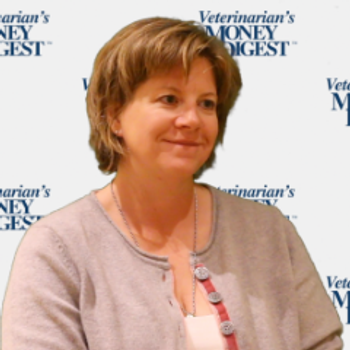
Rebecca Tudor, DVM, DACVS, owner of Tarheel Veterinary Surgical Specialists in Louisburg, NC, explains the advantages of utilizing the DiSC assessment in your veterinary practice.

Christopher Cripps, DVM, owner of Betterbee, explains the differences between writing an antibiotics prescription for a beehive and writing one for a companion animal.
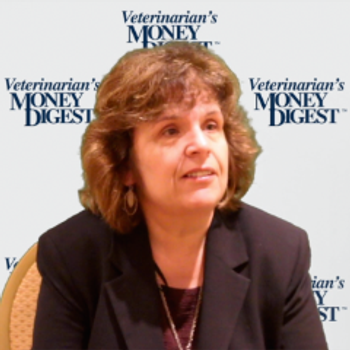
Sandra Grossman, PhD, owner of PetLoss Partners and Compassionate Practice Consulting, describes the most surprising findings from her recent study about end-of-life care client perceptions.

"It's an adjunct for pain management," says Fetch dvm360 Conference speaker Dr. Matthew Brunke.
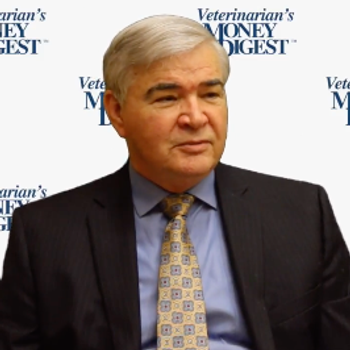
Marvin Meinders, DVM, MPVM, veterinary epidemiologist, gives his final thoughts on why creating a life plan is so important for veterinarians.

Carol Robertson-Plouch, DVM, Translational and Comparative Medical Research (TCMR), LRL Strategic R&D Innovations at Eli Lilly Research Laboratories, talks about some of the issues holding veterinarians and clients back from participating in clinical trials.
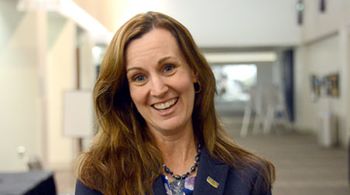
First, I thought the revenue problem was the new associate at my veterinary practice. Yeah, it wasn't.
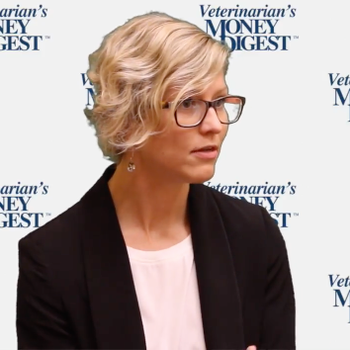
Marie Holowaychuk, DVM, DACVECC, critical care specialist and veterinary wellness advocate for Critical Care Vet Consulting, gives advice on healthy habit making.

While nonsteroidal anti-inflammatory drugs are important to control pain and inflammation in patients, Daniel Edge, DVM, MBA, manager of veterinary operations at Zoetis, says their use may not always be appropriate.

Panelists B. Duncan X. Lascelles, BVSc, PhD, DACVS; Sheilah Robertson, BVMS, PhD, DACVAA, DACAW; Mark Epstein, DVM, DABVP, CVPP; Bryan T. Torres, DVM, PhD, DACVS-SA, DACVSMR; and Margaret Gruen, DVM, MVPH, PhD, DACVB, discuss complementary therapies, such as acupuncture and massage, to decrease pain in companion animals.

Jeffrey Backus, CVT, RVT, VTS (ECC), ER/ICU veterinary technician at Tufts University, talks about what types of fluids are commonly used during fluid replacement.
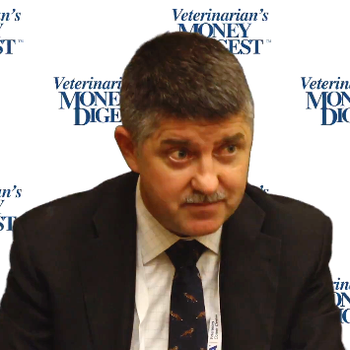
Oliver Knesl, BSc, BSc (Hons), MSc, BVSc, MRCVS, director of major accounts for veterinary professional services in the US Companion Animal Division for Zoetis, gives two things to remember when trying to incorporate the human-animal bond into your veterinary practice.

Mark Epstein, DVM, DABVP (Canine/Feline), CVPP, medical director of TotalBond Veterinary Hospitals and Carolinas Animal Pain Management in Gastonia, North Carolina, talks about the domain in human recognition assessment of pain that has translated best into veterinary medicine.

At the 2017 American Veterinary Medical Association Convention, Amanda Landis-Hanna, DVM, senior manager of veterinary outreach for PetSmart Charities, attended a session about veterinary internships.

Julie Shaw, RVT, VTS (Behavior), owner and director of Stepping Stone Animal Training, LLC., in Lafayette, Indiana, describes a few ways to decrease pet patient stress.
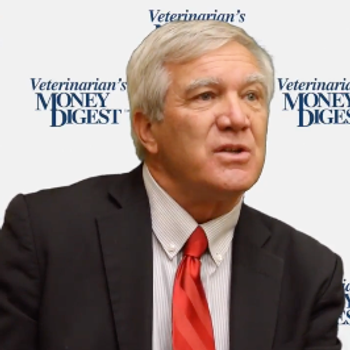
Gary Vroegindewry, DVM, MSS, DACVPM, director of One Health at Lincoln Memorial University, explains how to negotiate your contract once you're given a job offer.
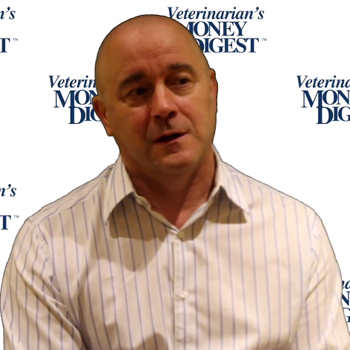
Joe Dwyer, president of Daniel's Dream, explains what an animal chaplain is and why pet owners utilize their services.

Daniel Edge, DVM, MBA, manager of veterinary operations at Zoetis, explains the broad use of nonsteroidal anti-inflammatory drugs (NSAIDs) for pain management.

Rebecca Tudor, DVM, DACVS, owner of Tarheel Veterinary Surgical Specialists in Louisburg, NC, explains what the DiSC profile is.

Kris Bannon, DVM, FAVD, DAVDC, veterinary dentist at Veterinary Dentistry & Oral Surgery of New Mexico, LLC., explains the differences with feline teeth extractions.

Panelists B. Duncan X. Lascelles, BVSc, PhD, DACVS; Bryan T. Torres, DVM, PhD, DACVS-SA, DACVSMR; Margaret Gruen, DVM, MVPH, PhD, DACVB; Mark Epstein, DVM, DABVP, CVPP; and Sheilah Robertson, BVMS, PhD, DACVAA, DACAW, debate the multimodal approach to osteoarthritis management, including the current recommendations for pain management.

Gregory Lisciandro, DVM, DABVP, DACVECC, CEO of FASTVet.com, co-owner of Hill Country Veterinary Specialists, explains how echocardiography is used in critically ill patients.

Amanda Landis-Hanna, DVM, senior manager of veterinary outreach for PetSmart Charities, talks about statistics regarding new veterinary graduates.

Smart design can keep stress low and patients at ease.

Robin Brogdon, MA, owner and president of BluePrints Veterinary Marketing Group, explains why veterinary practices should use the Ritz Carlton model of customer service.

Bonnie Wright, DVM, DACVAA, CEO of Mistral Vet, explains which supplements are most commonly used in veterinary medicine.

Panelists B. Duncan X. Lascelles, BVSc, PhD, DACVS; Bryan T. Torres, DVM, PhD, DACVS-SA, DACVSMR; Mark Epstein, DVM, DABVP, CVPP; and Sheilah Robertson, BVMS, PhD, DACVAA, DACAW, provide insight on monitoring companion animals on pain medication and identify timelines for follow-up.